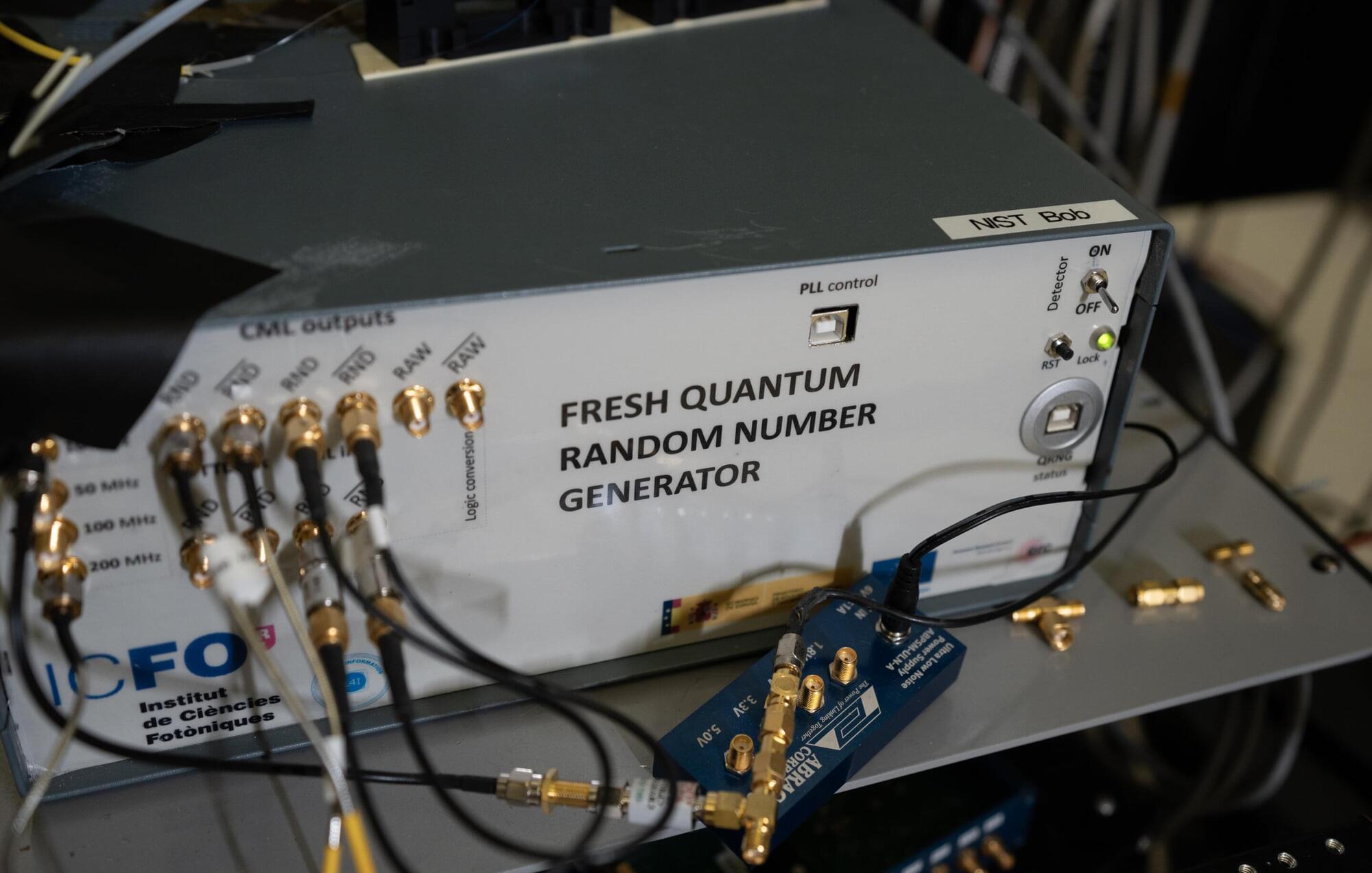Cybercriminals no longer need zero-day exploits or other vulnerabilities to breach your systems—these days, they just log in.
On July 9th at 2:00 PM ET, BleepingComputer and SC Media will co-host a live webinar with identity security expert Darren Siegel of Specops Software (part of Outpost24), exploring how threat actors are increasingly breaching networks by simply logging in with stolen credentials.
The webinar “Stolen credentials: The New Front Door to Your Network” will unpack the real-world mechanics behind credential-based attacks and how to stop them before damage is done.









